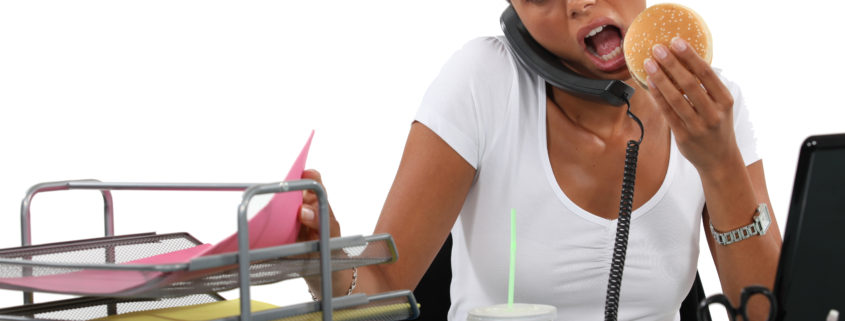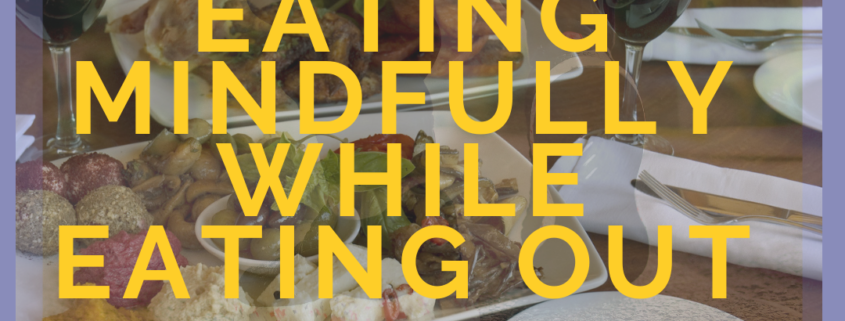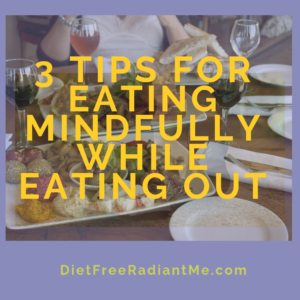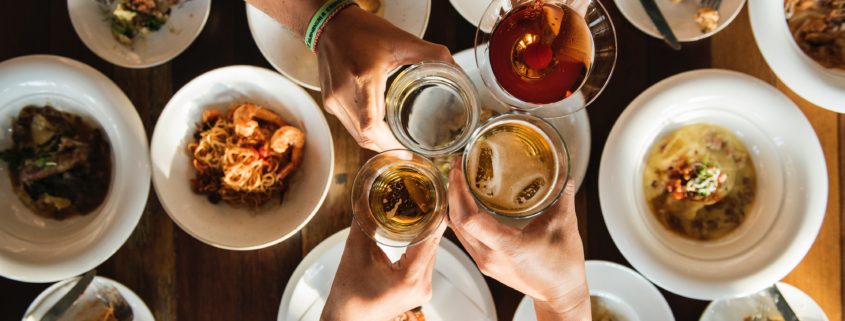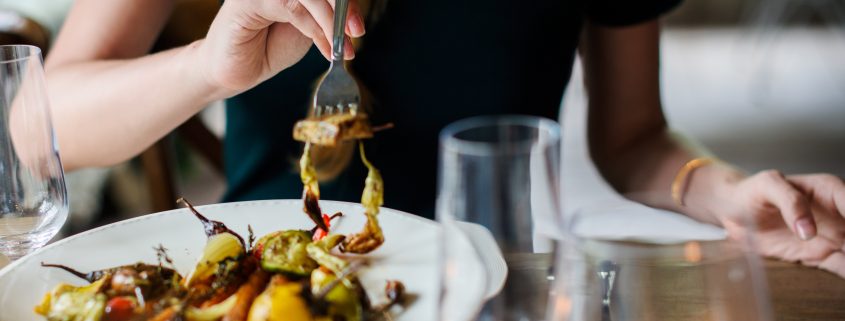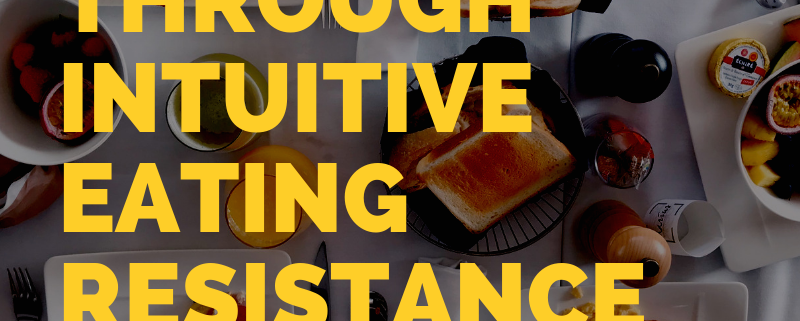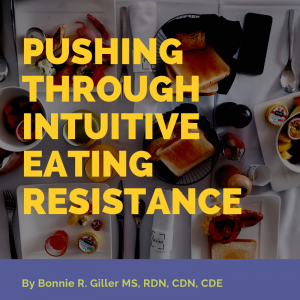5 Tips to Eat Slower
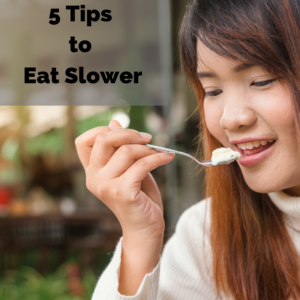 In today’s fast paced society, it’s only natural that we rush around trying to get everything done before the day is over. You rush to work, school, and everywhere else you must go. You probably even rush through lunch to get back to your busy day at work.
In today’s fast paced society, it’s only natural that we rush around trying to get everything done before the day is over. You rush to work, school, and everywhere else you must go. You probably even rush through lunch to get back to your busy day at work.
While moving fast may be a necessity for your work and overall lifestyle, eating fast is not the best for your health and body and can quickly lead to bypassing your comfortable fullness signals.
Think back to your last meal… did you inhale it or take the time to enjoy every bite? How long do you think it took you to finish your meal? If it’s less than 20 minutes, then keep reading.
If you feel like you’re the only person who does this, you’re not! Most people devour their meals in about 5 -7 minutes flat. They put a forkful of food in their mouths and, before they even swallow, the next forkful is ready to go. Do you find yourself doing this too?
Downside of Eating Fast
When you eat fast, it becomes difficult to savor your meals. You’re not able to truly listen to your body and engage in mindful eating. Slowing down as you eat will allow you to really taste every bite and get the most satisfaction out of the meal as possible.
Eating quickly also prevents you from eating until you are comfortably satisfied because you don’t pay attention to your inner fullness signals. Instead, you’ll eat until the food is gone.
It takes your brain 20 minutes to realize that your stomach is full, so if you clean your plate in record time, you likely miss that fullness cue, leading you to reach for more food. By the time the fullness signals kicks in, you are now uncomfortably full, having eaten more than your body physically needed. You are likely also experiencing bloat, heartburn and other uncomfortable GI symptoms (in addition to the emotional side effects of guilt and shame).
5 Tips to Help You Slow Down Your Eating:
1. Allocate a certain amount of time to sit down and eat your meal. Allow your body to guide when you begin your meal, but when you do sit down to your meal, make sure you have enough time to sit, eat slowly and savor. This doesn’t only apply to dinner, it applies to breakfast and lunch too!
2. Put your fork and knife down between bites. You might be thinking “who does this”? Unfortunately, not too many people, unless you are among the growing number of people who are learning to eat mindfully. This means completely putting the fork down on your plate until you’re done chewing what’s in your mouth. Then pick up the fork and take your next bite. This allows you to focus on the deliciousness of the food in your mouth rather than focusing on the next bite.
3. Eat without distractions (meaning no T.V. or phone). We all know how difficult this one can be. I suggest making your kitchen/dining room an electronic-free zone! If your phone is in another room, then you are not tempted to look at it when you hear that notification. Make sure the kids know too that mealtime is not tech time.
4. Use your non-dominant hand to hold the fork. This is a simple way to help you slow down. Since your non-dominant hand is usually weaker, you’ll have to pick up smaller forkfuls and really concentrate to keep food from spilling over.
5. Eat with someone else. Ask a family member or friend to help you reach your goal of slowing down at meals! You can engage in meaningful conversations between bites and, before you know it, you’ll realize you are engaging in many of the tips stated above.
Challenge yourself
Set the timer on your phone and see how long it normally takes you to finish a meal. It might be 5 minutes and you might think that stretching it out to 20 is impossible. It’s not! Continue to use the tips above every time you sit to eat to help lengthen your meal minute-by-minute. Before long, you will be eating slower and using your inner fullness signals to guide you when to stop. And, you’ll enjoy your meal a whole lot better.
If you’d like to explore how I can help you on your intuitive eating journey, just reach out to me at www.TalkWithBonnie.com .


